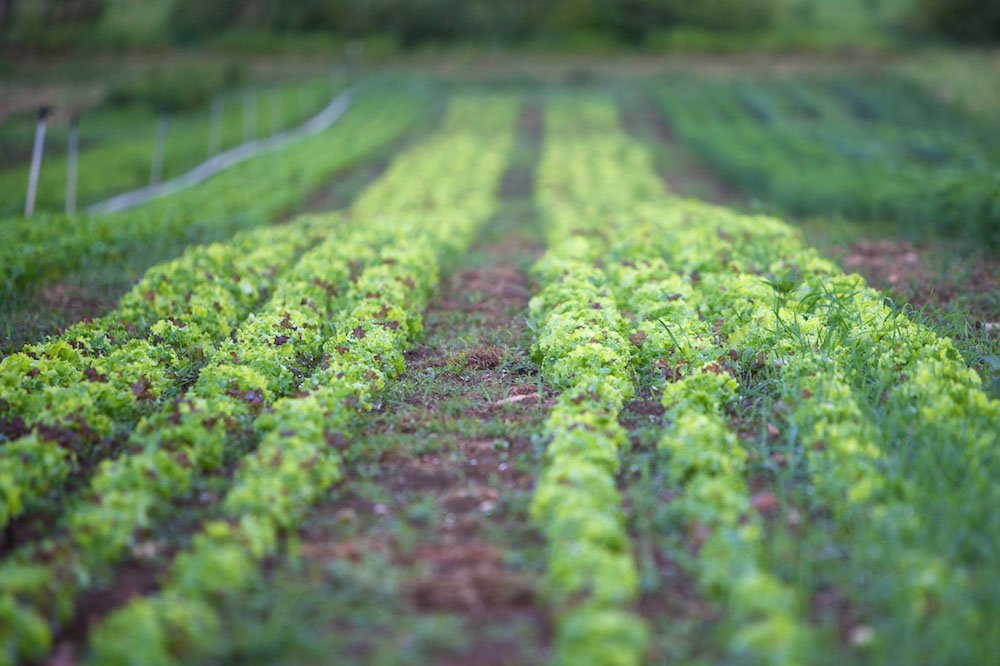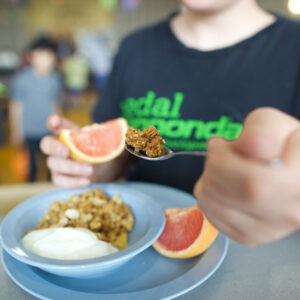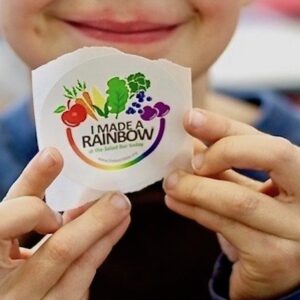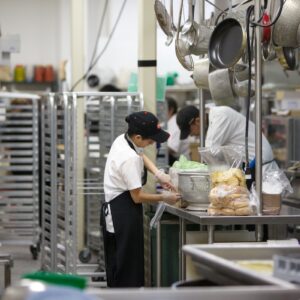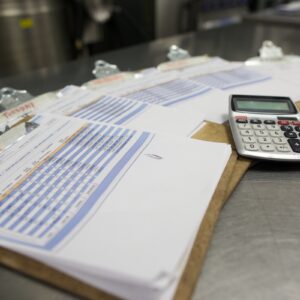Description
Course Description
Learn how to implement more sustainable practices in your school meal program! In Sustainable Lunchrooms, we will discuss tactics for limiting the environmental impact of food-service operations, through the lens of scratch cooking. Together we’ll address how to minimize food and packaging waste in both front and back of house, use recipes and menu planning to decrease food waste, limit use of toxic cleaning chemicals and procure healthy and sustainable ingredients that minimize the impact on the environment. Additionally, this course will provide specific tactics for identifying the right kitchen equipment to support sustainability and for marketing sustainability to your students and broader school community. Lastly, we’ll cover how to find a balance between monetary costs, human health and our impact on the environment.
Please note: Our website is currently undergoing scheduled maintenance to improve your shopping experience. We apologize for any inconvenience this may cause. If you want to purchase a course while our site is offline, please contact us directly at sfi@chefannfoundation.org and we’ll be happy to assist you with your order. Thank you for your patience!

